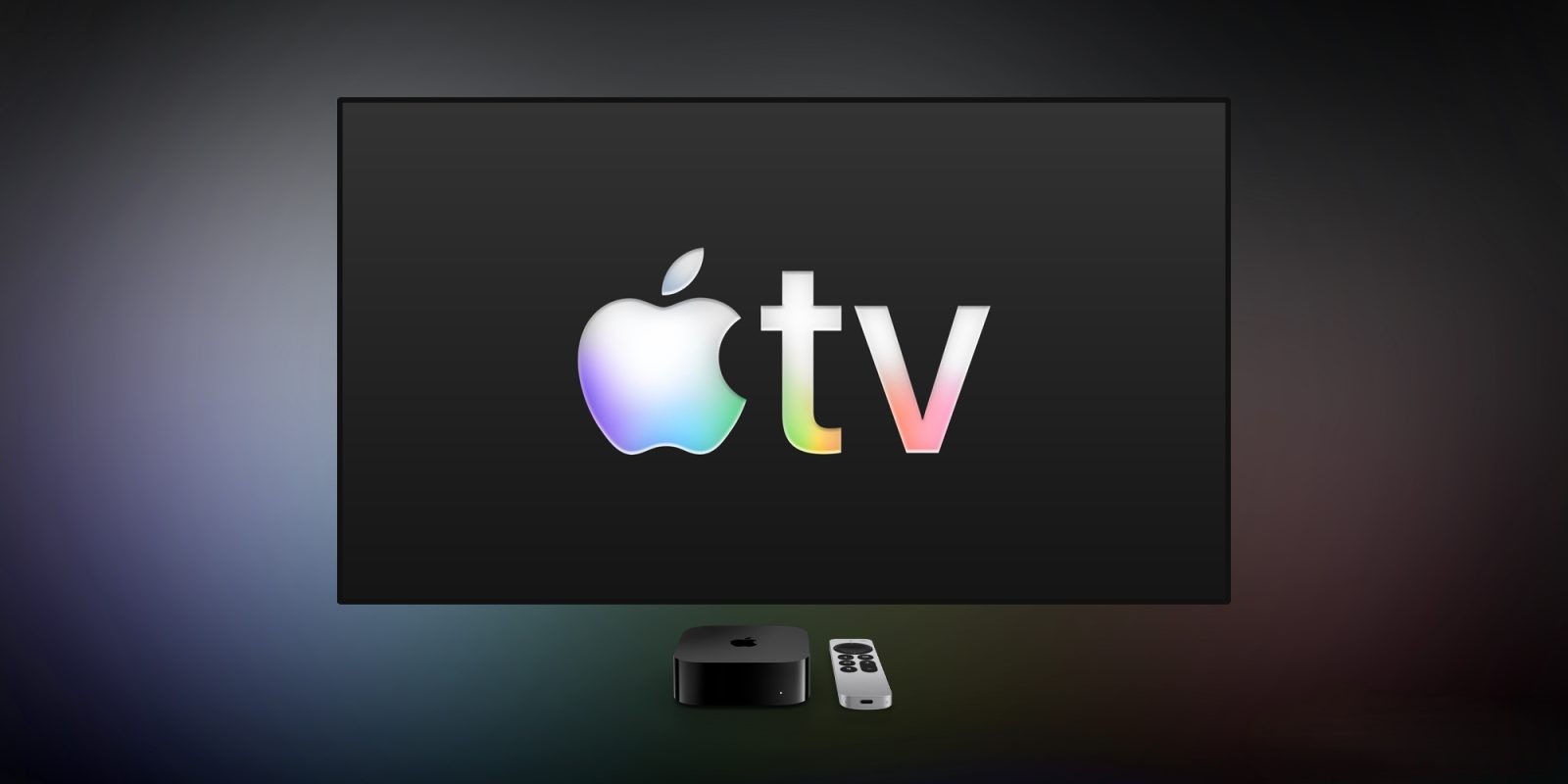With the release of iOS 26, Apple has introduced a significant security enhancement aimed at protecting users from unauthorized data access through wired connections. This new feature prompts users to grant or deny data transfer permissions whenever a wired accessory is connected to their iPhone.
Upon connecting a wired accessory, such as a charging cable or dock, iOS 26 displays a prompt asking whether to allow data transfer. Selecting Don’t Allow enables the device to charge while blocking any data exchange. Choosing Allow permits the accessory to access the device’s data. Notably, if the iPhone is locked, data transfer is automatically blocked until the device is unlocked and explicit permission is granted.
This security measure is particularly effective against threats like juice jacking, where malicious entities exploit public charging stations to access or install malware on devices. By requiring user approval for data transfers, iOS 26 adds a critical layer of defense against such attacks.
Users can customize this feature through the Settings app under Privacy & Security > Wired Accessories. Available options include:
– Always Ask: Prompts for permission every time a wired accessory is connected.
– Ask for New Accessories: Requests permission only for previously unconnected accessories.
– Allow Automatically When Unlocked: Permits data transfer when the device is unlocked without prompting.
– Always Allow: Grants permission for all wired accessories without prompts.
While this feature significantly enhances security, some users have noted that the prompt’s wording, Allow accessory to connect, may be ambiguous. It could be misinterpreted as a request for charging approval, which occurs regardless of the selection. Clearer messaging could further improve user understanding and security.
In summary, Apple’s implementation of this permission setting in iOS 26 represents a proactive step in safeguarding user data against unauthorized access through wired connections. By empowering users to control data transfers, Apple continues to prioritize security and privacy in its devices.



